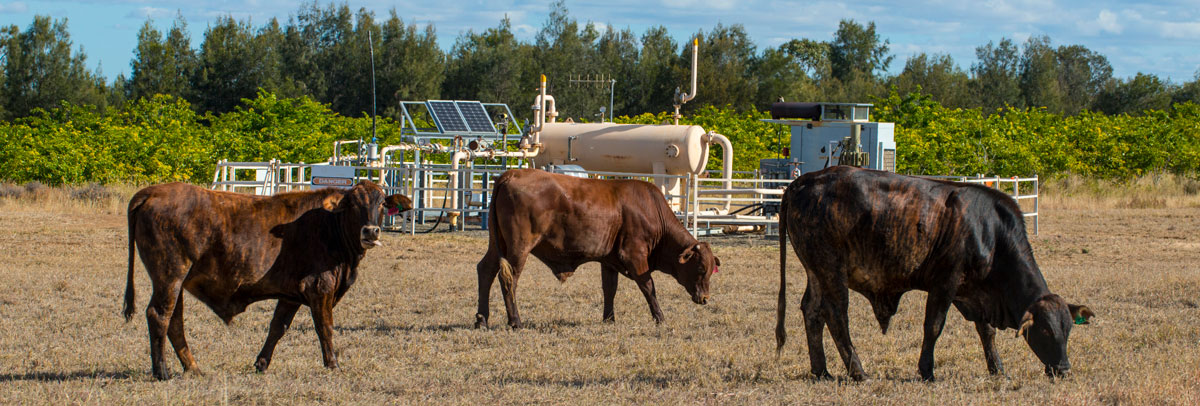Landholders
There are more than two million land titles in Queensland.
Some with one owner, some with many owners and some joined together to form large land holdings. The exact numbers are continuously changing.
Across those titles (during FY20), more than 4,500 Conduct and Compensation Agreements are held.
These Conduct and Compensation Agreements are held by approximately 1,472 landholders.
In cases where there is more than one resource company operating on a property, this property will have more than one Conduct and Compensation Agreement (CCA) registered to it.
90% of CCAs are held on freehold land and landholders living in the Maranoa districts and Western Downs Regional Council areas account for 72% of all CCAs.
As of 30 June 2020, resource companies had paid more than $702 million in cumulative compensation to landholders along with thousands of in-kind agreements such as fencing, roads and in some areas access to CSG produced water for cropping and irrigation.
This overlap may seem small however it is still very important to the landholders affected. You can hear about the experiences of some of these landholders via our ‘Rural Landholders – Coexistence Insights‘ video.
The GasFields Commission Queensland acknowledges mistakes have been made and many changes have been implemented over the past decade to better support balanced relationships between landholders and resource companies.

Land access is controlled within Queensland’s land access legislative framework which comprises:
- the Mineral and Energy Resources (Common Provisions) Act 2014;
- the Petroleum and Gas (Production and Safety) Act 2004;
- the Petroleum and Gas (General Provisions) Regulation 2017; and
- the Land Access Code (first developed in 2010).
To access private land for advanced activities that are likely to have an impact on land use, resource companies and landholders must agree to a Land Access Agreement or CCA prior to work commencing.
![]() Download ‘Negotiating a Conduct and Compensation Agreement‘ Fact Sheet.
Download ‘Negotiating a Conduct and Compensation Agreement‘ Fact Sheet.
The Commission has regionally based engagement officers who can meet with and assist rural landholders, regional communities and local governments in person.
![]() For landholders wanting more information some useful publications, data sets and online resources are listed below:
For landholders wanting more information some useful publications, data sets and online resources are listed below:
